At the thousandth article on TechGameWorld.com, an editor tells himself: if we had to summarize his career and his autobiography in ten video games, what would they be?
There is no place today for the simulated third person, because “the writer” leaves room for megiving me the opportunity to speak to you in a more intimate way: if you follow me how editoryou should know that this is mine thousandth article on TechGameWorld.com, so I thought I’d expand mine autobiography narrowing the field to ten video games. If having spoken about the problems Italy has with videogames (or even just my presence here) hadn’t made it clear, the videogame world is something of great importance to me. There are two types of players: those who experience virtuality as a “phase”, and those who experience it, period.
Escapism is one of the possible reasons behind the initial infatuation with the gaming medium, but it is rarely the engine that fuels a lasting love. Unfortunately, the toxic love between player and controller, visible in exceptional cases that sensationalism loves to elevate to the “totality” of enthusiasts, is a reality with which the latter must come to terms. Sometimes, however, by cultivating this passion it is possible, with varying degrees of success, to achieve make it a job. This is why I have chosen ten titles with which to mark a path to which my personal biography on the site only vaguely alluded to. Ready?
DuckTales: The Quest For Gold – An editor’s autobiography in ten video games
I’d be lying if I said that the first of the video games in this biography wasn’t the result of pure escapism. I don’t work in the non-videogame sections to (also) avoid conflicts of interest, but I’m a great admirer of cinema and animation. And with regard to this last form of art, I am picky with good reason: my first exposure to the medium was DuckTales. It happens that one of the best animated series of the twenty years between 1980 and 2000 coincided with the Sunday appointment with the grandparents, an ideal detachment from the unpleasant social interactions at the nursery school.
Sometimes, however, the wait for Sunday was too exhausting for a mistreated kindergarten child. So it was that my father, the most inclined of my parents to encourage me with video games, had the idea of ”impromptu bets” by playing DuckTales: The Quest for Gold on DOS and putting me in the passenger seat. Compared to Capcom’s NES game, the computer adaptation provides(goes) a gameplay roulette between mazes, platforming stages, side-scrolling flight simulation and sections in which to photograph the local fauna, in order to beat Flintheart Glomgold in the competition for the richest of the year. Nowadays the game is mostly remembered for its abstruse anti-piracy system (an alphabet to be decoded with the instruction manual), but I remember so many details it’s for other reasons.
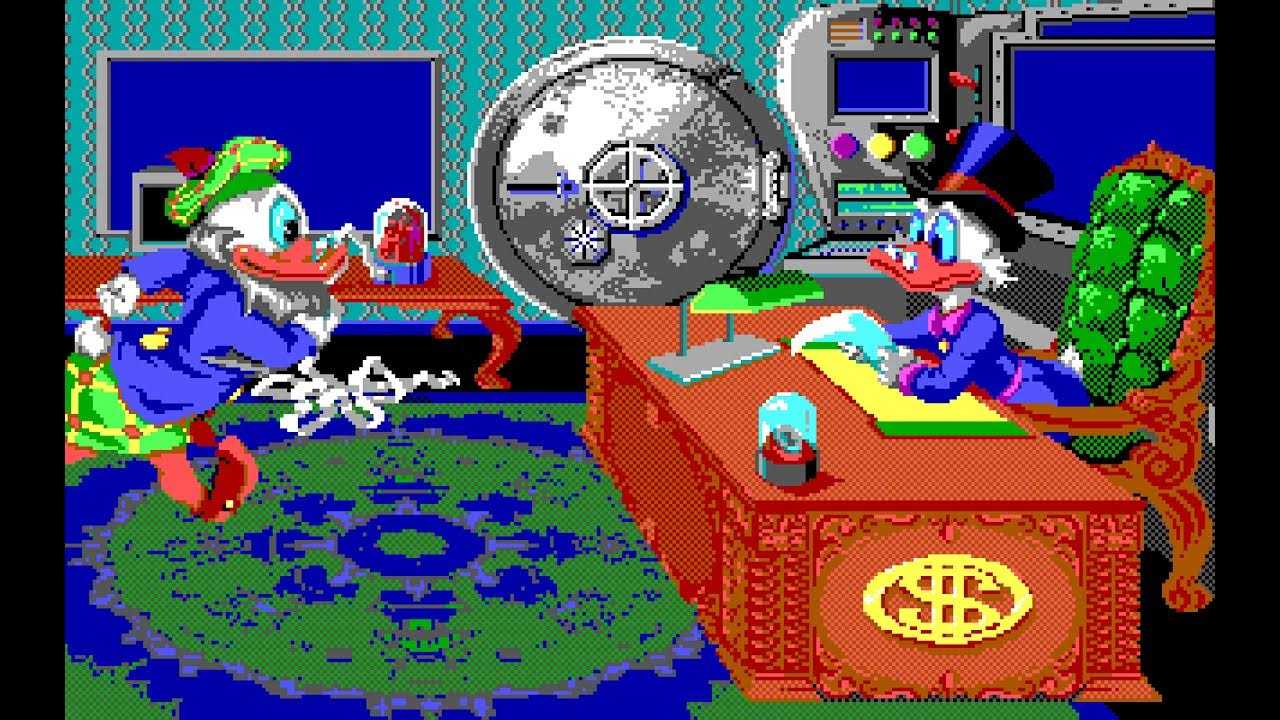
Boulder Dash – An editor’s autobiography in ten video games
Before putting my hands on a controller with many more buttons (and putting myself in the hands of the devil, according to the prevailing bucolic videogamephobia of the mid-90s in my area), my parents made a few attempts by dusting the Commodore 64. Actually, in the previous decade they too were gamers, and that’s how I discovered the world of caves Boulder Dash. Like many titles for that specific hardware, First Star Software’s spearhead (pun intended) was based on a simple concept: explore caves, collect the required precious stones and emerge unscathed.
In the combo between “digital lever” (a digital cross disguised as a lever) and two buttons of the good old Commodore, Boulder Dash managed the difficult feat of using only one. Not that I cared at the time: I finally had a controller in my hands too. For better or worse it was avoiding death among boulders, fireflies and butterflies with Dig Dug-style movements that I learned a truth about myself: I was born to play video games. And once I cleared any doubts about it with Commander Keen IV: Goodbye, Galaxy! on DOS, this fact was clear even to my parents, now resigned to finance the “madness”.
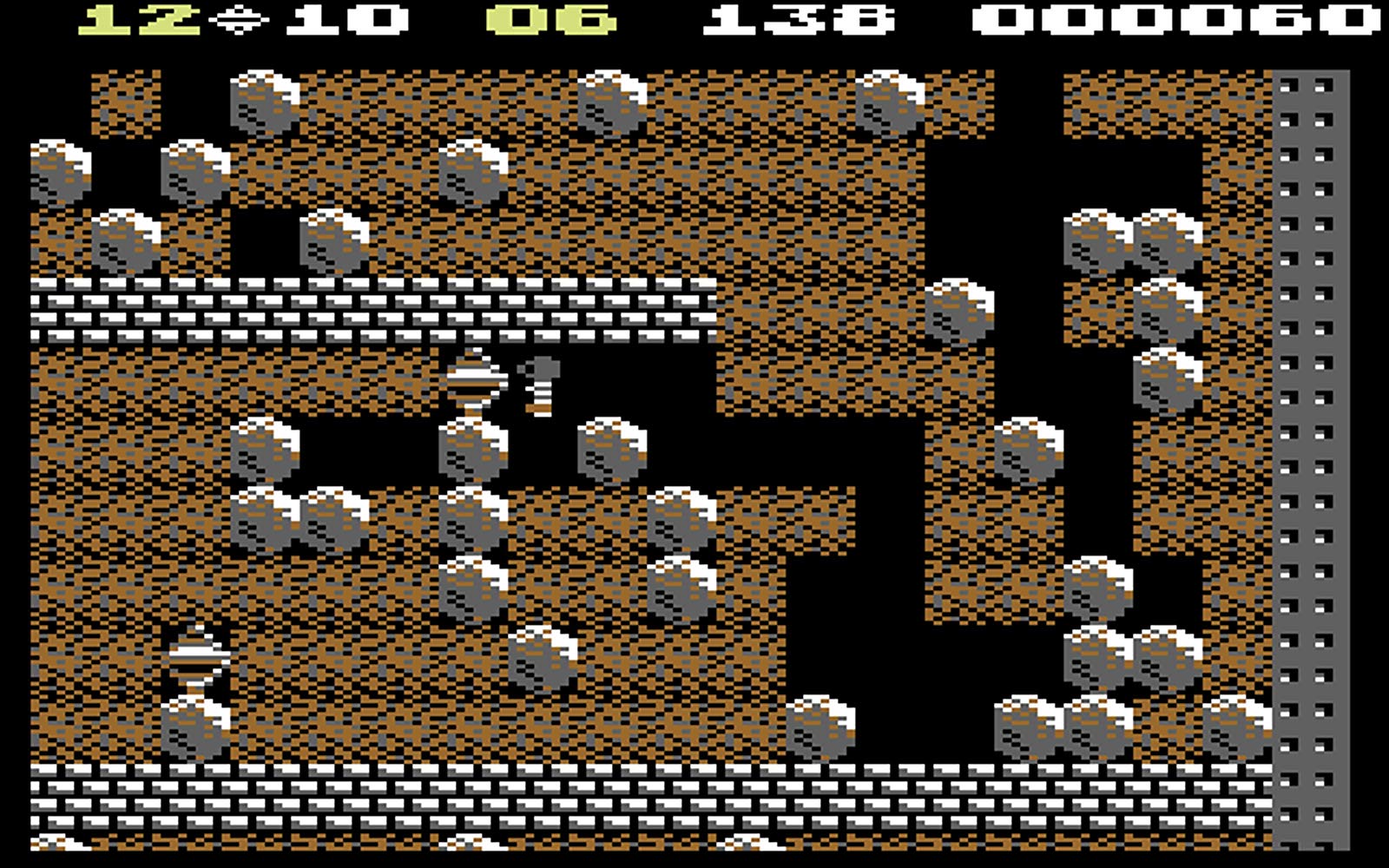
Crash Bandicoot 3: Warped – An editor’s autobiography in ten video games
It used to be an opinion, now it’s a fact: a rookie’s discovery of video games can only be anachronistic. Witness the fact that on my tenth birthday I opened a box placed in front of my bed, containing a PSOne, a Memory Card and Crash Bandicoot 3: Warped; yes, the third. I was able to confirm my craving for a console by watching the game in action with my neighbors, observing how quickly the medium was evolving. I had already seen three-dimensional titles with Scorcher and Descent on PC, but never with such charisma and squeezing the hardware so much.
Before becoming pretentious, Naughty Dog packed a trilogy of platformers that I was able to discover in reverse order. Nothing was the same again, especially considering how much more clumsy than expected I was in my first games. I still remember begging the aforementioned neighbors to help me out with the first two worlds. This is why specialized publishing came to my rescue for the first time. The bimonthly PlayStation Pro Strategy dedicated the first of its six 2001 issues to a “Special Crash Bandicoot – All the solutions dedicated to the games of the Sony mascot”. Thinking about it today makes me laugh, but I thank Marco “Blasto” Filippini – wherever he is – for letting me discover how intriguing video games were even on paperand not just on screen.
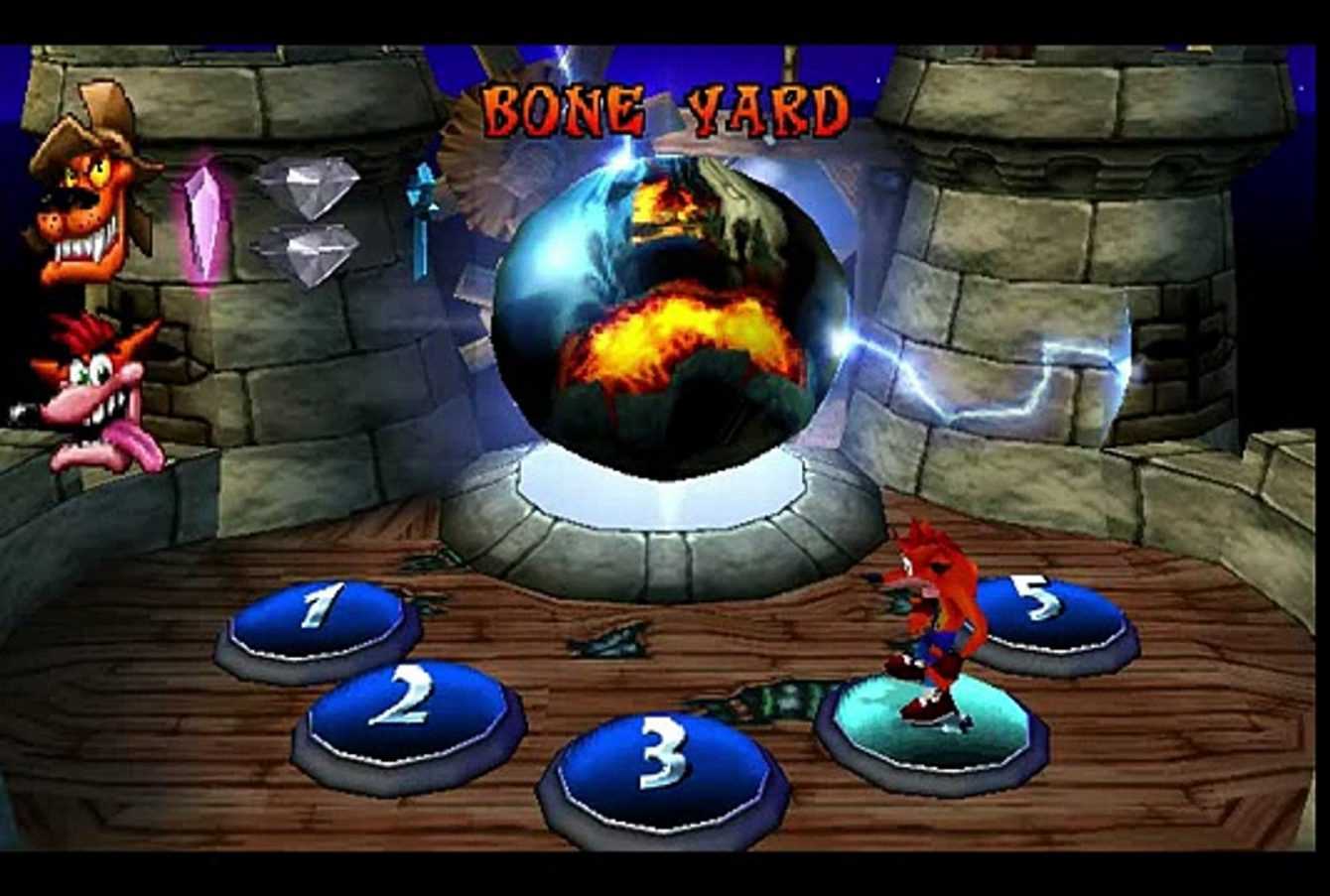
Pokémon: Gold Version – An editor’s autobiography in ten video games
Don’t kid yourself, though. At the time, the screen remained my priority: the same CRT screen which, however, was also shared with those who needed to be on time for their appointment with Beautiful. Not to mention having discovered video games and having to share them with commitments away from home… or, above all, the non-commitments that I would have liked to avoid, such as taking a breath of fresh air in the summer for example. And on this, in my house there was no compromise: you pass the PlayStation, but the Game Boy? “Does everyone have it? So?” You can imagine which metaphor with bridges and related dives is followed.
The Game Boy Color came with Pokémon: Gold Version, after my miserable attempt to resist the peak of Pokémania (as a good hipster ante litteram). Despite the absence of a backlit screen, my first portable game (as well as the first title of the Grande N) really lacked for nothing: content, excellent use of the hardware and, in general, peaks that the series would not reach again for a few years still. And, believe it or not, it was my father who was so enthralled by the introductory film that he insisted on a second cartridge (Lucky Luke: Desperado Train, just in case).
Mario Kart: Super Circuit – An editor’s autobiography in ten video games
Over time, a parallel one was taking shape alongside my game library, made up of sector magazines. Pokémon World and Game Boy Mania helped me stay informed, but every once in a while the planets aligned for a few commercials on TV. What convinced me to want a console for the first time on day one was the advertising of Mario Kart: Super Circuit, launch title for GBA. Not so much for the vicissitudes of the various mischievous grandparents in the commercials, but for a dazzling thought: “it’s like Crash Team Racing, but I can take it for a walk”. And since it would take another eight years to take it literally with PSP, the game arrived.
I was able to try (as I told in a guide) all by hand before even setting foot in the house, even though it was a Christmas present. By now the sticker on my copy is completely faded, but it’s a wonder the engines of the eight playable characters haven’t given up yet. Even today, occasionally, I pick up the good old Game Boy Advance SP, in the hope of revisiting those tracks in the spectacular Mario Kart 8 Deluxe Additional Courses Pass. Incredibly, my father’s “conquest” was also repeated, and for the occasion I greeted the incoming 2002 with Spyro: Season of Ice. With perfect timing, I would say…
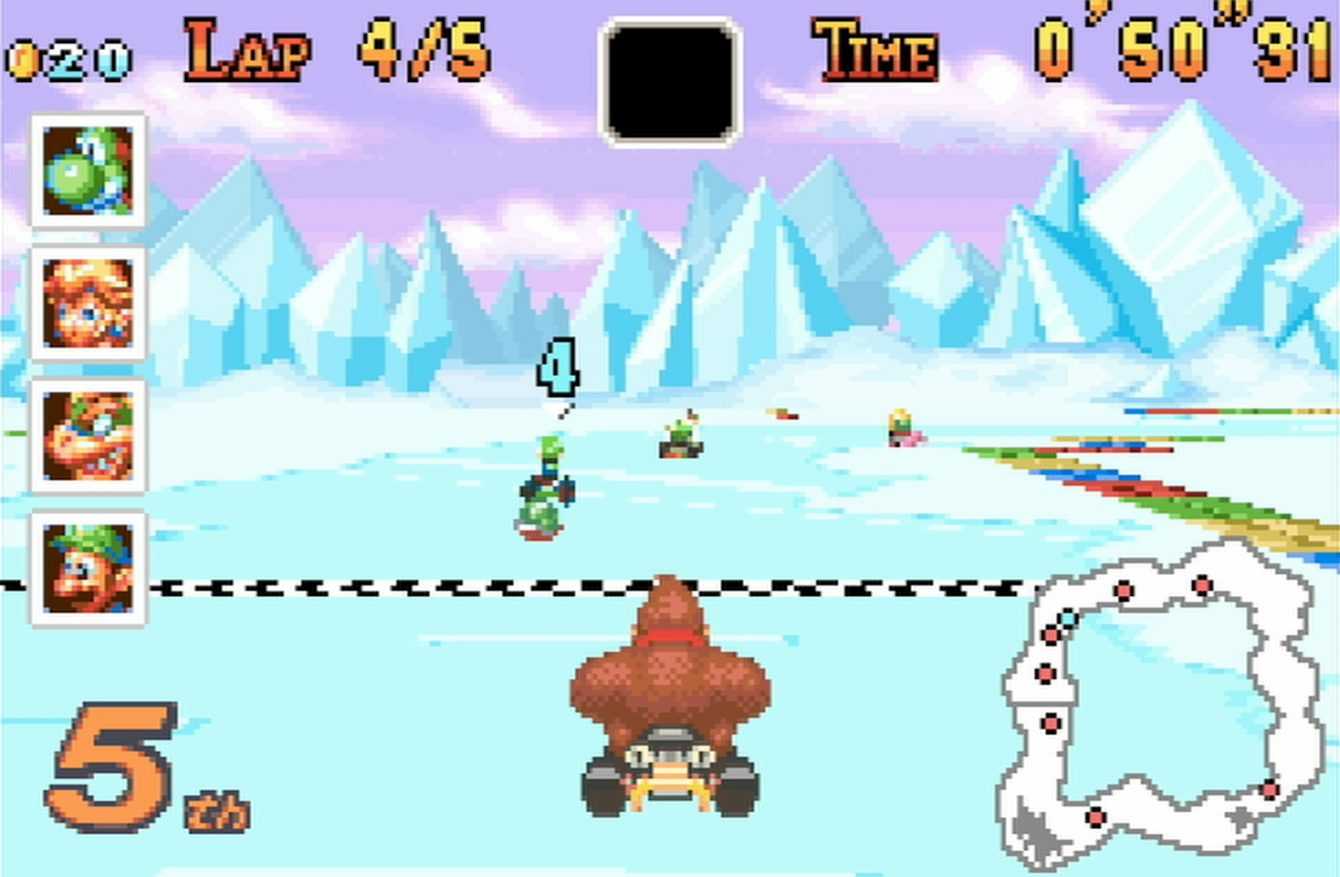
Mario & Luigi: Superstar Saga – An editor’s autobiography in ten video games
It is thought that the fragility of software and hardware, with related preservation countermeasures, is a topic introduced only recently, between Nintendo Switch and the Virtual Console era. In a short timeshortly after the release of Crash Bandicoot XS on the GBA, I had the extremely “luck” of running into a failure in the disc tray of my PSOne and losing the Super Mario World: Super Mario Advance 2 cartridge. Nostalgic for the plumber, I tried to track down a copy in a video game store, only to give in to my preteen haste and opt for another title.
I never expected an impulsively bought game like Mario & Luigi: Superstar Saga had, as a butterfly effect, also directed me towards my career as an editor. The number 21 of Nintendo the Official Magazine, Christmas 2003, was shown to me by the manager through the 10/10 review, poetic also in the conclusion: “A small portable masterpiece, mentally challenging like Zelda, intriguing like a good RPG and fun like Mario. An unmissable hybrid…” but for me, the magazine itself was also unmissable, as I became an avid reader of it. And for the first time I said, “I know what I want to be when I grow up.”
Gun Gun Pixies – An editor’s autobiography in ten video games
For years I have only observed the trade press, with the idea of one day being able to join them, and sign a review. My long-winded evaluations aim to emulate NRU’s style: go into just enough detail from give to the readerin this age of demo-only pre-order bonuses, a clear idea of what to expect once you open your wallet. My stay on TechGameWorld.com is the longest, but this magnificent editorial staff was not the first to welcome me. My first game reviewed, therefore, does not appear on this site. A year before I hit this site, another one gave me a game to learn.
The third person shooter Gun Gun Pixies, for Nintendo Switch, was the first to receive an out of ten rating from me. And I never expected to start with one slating. I’m never happy to write an article that can be summarized as “don’t buy it”, but Gun Gun Pixies really leaks everywhere. So I remembered Ratatouille’s closing monologue: according to Antòn Ego, a negative review is “fun to read and write”. So I ended up condensing into a single article a detailed analysis of the game’s flaws, the due considerations of the case and, why not, even Alvaro Vitali’s films.






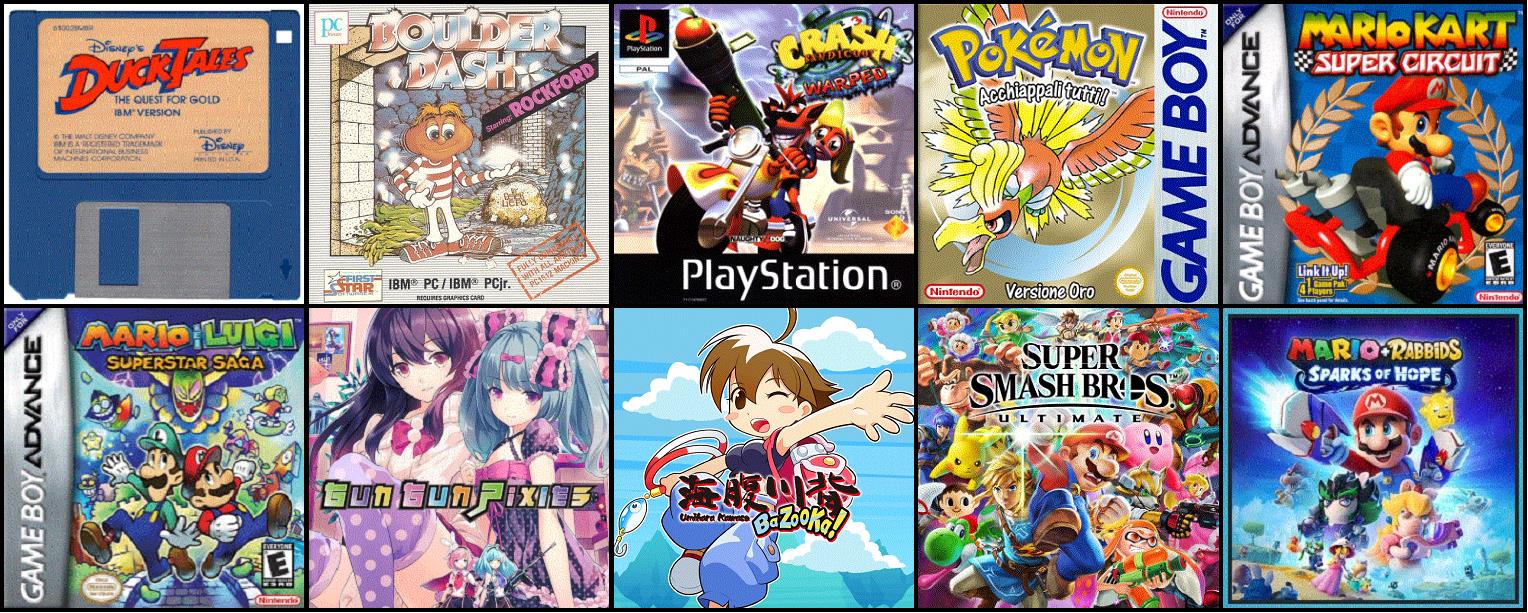







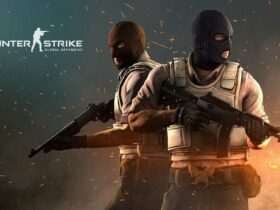
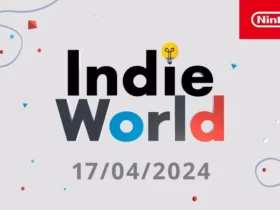
Leave a Reply
View Comments